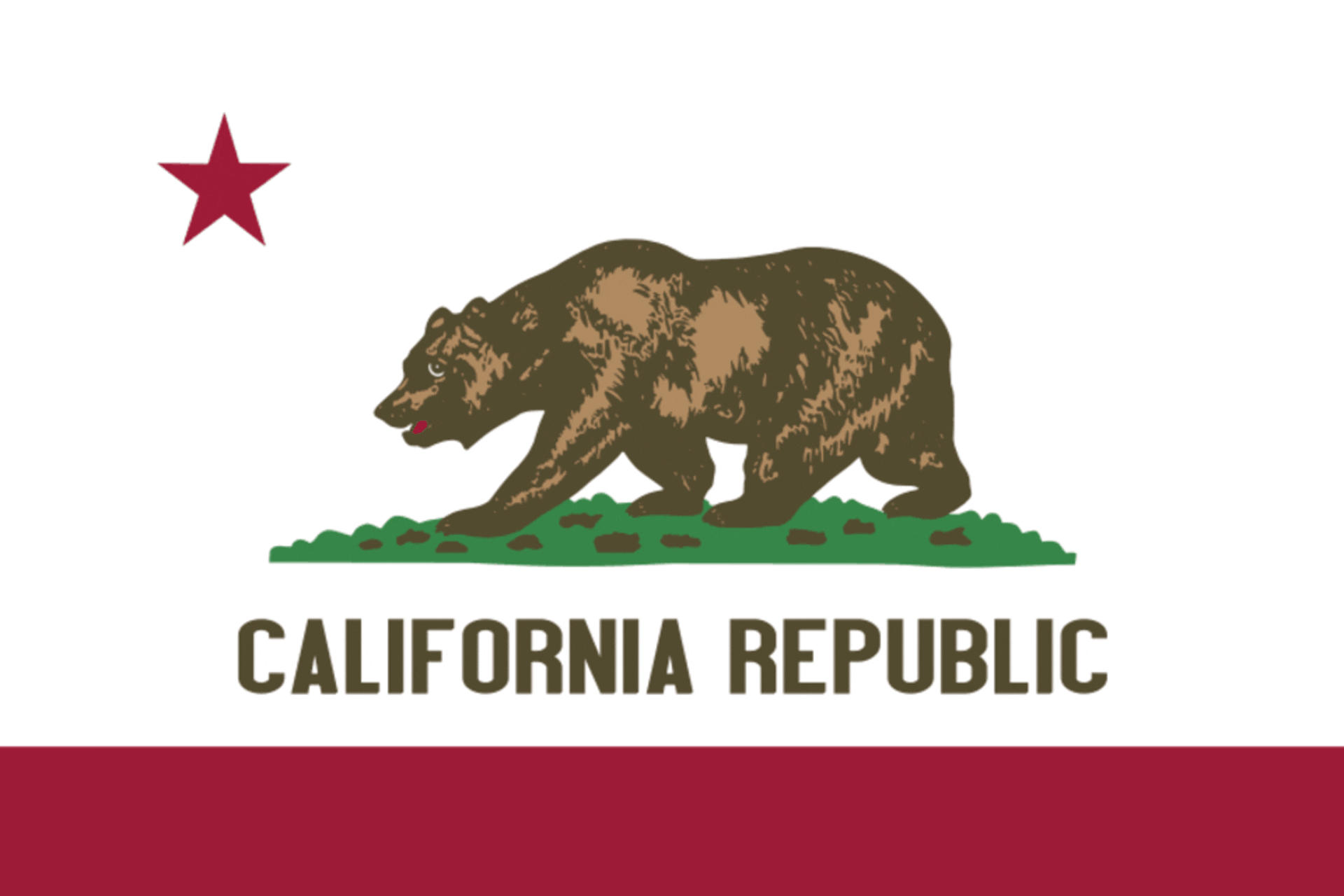Become a California Notary Public

California Notary Commission Overview
The step-by-step process for becoming a notary public in the state of California is detailed below. Once you are ready to shop for supplies, simply visit our store. As a national provider of notary supplies, notary bonds, insurance, and training, Notary.net has pretty much everything you need to become a California notary public.
Are You in the Wrong Place?
California Notary Supplies Package
Our California Notary Supplies Package includes a Notary stamp and bond for only $56. Customize your package with our state-approved California Notary course, Notary journal, embosser, thumbprint pad, and more.
How to Become a Notary Public in California
Step-by-Step InstructionsHow to Become a California Notary Public
Step-by-step instructions on how to become a notary public in California.
1. Notary Education: To become a California notary, you must first take a California notary course. New notaries in California must take a six-hour notary training course. Renewing notaries are required to take a three-hour notary course. Notary Learning Center offers live notary training seminars.
2. California Notary Exam: All applicants seeking appointment as a California notary are required to pass the California notary exam prior to appointment as a notary public. You can register for the California notary exam here.
3. Receive Your Test Scores: You will receive a letter in the mail saying that you have passed the exam. Test results should be posted 8-10 business days after you take the exam. Click here to view your California notary exam test results.
4. Submit Your California Live Scan: After you have passed the notary public exam, you must submit a Live Scan to the DOJ for your background check. The California Notary Public Live Scan Instructions are included with your mailed test results. To schedule a Live Scan, go to oag.ca.gov/fingerprints/locations.
5. Receive Your Commission Packet: Your commission packet should arrive 4-12 weeks from the exam date. The notary public commission packet will be mailed once the application has been approved and after the applicant has passed the background check. The California notary public commission packet includes:
- a cover letter with instructions;
- filing instructions;
- a notary public commission certificate;
- two Notary Public Oath and Certificate of Filing forms;
- a Certificate of Authorization to Manufacture Notary Public Seals; and
- a list of Authorized Manufacturers of Notary Public Seals.
If you took the exam at least six weeks prior to the expiration date on your current notary public commission, your new notary public commission will not be sent to you more than 30 days before the expiration date.
6. Order Your Notary Supplies: If you haven't already, order your California notary stamp, notary journal, and bond. We will ship your notary supplies the same day we receive your Certificate of Authorization. Send your original Certificate of Authorization to: Notary.net PO Box 41400 Des Moines, IA 50311
7. File Your California Notary Bond and Oath: You must file your notary bond and oath within 30 days of the start date of your notary commission. Bring the following items to your county clerk's office:
- Original Bond
- Two Oath of Office Forms (these are included in your commission packet you received from the state)
- Original Commission Certificate
- Photo ID
- Payment for filing and recording fees (varies by county)
For additional information, see the California Notary Public Handbook, the California Notary Public Application, and California Notary Testing Information.


